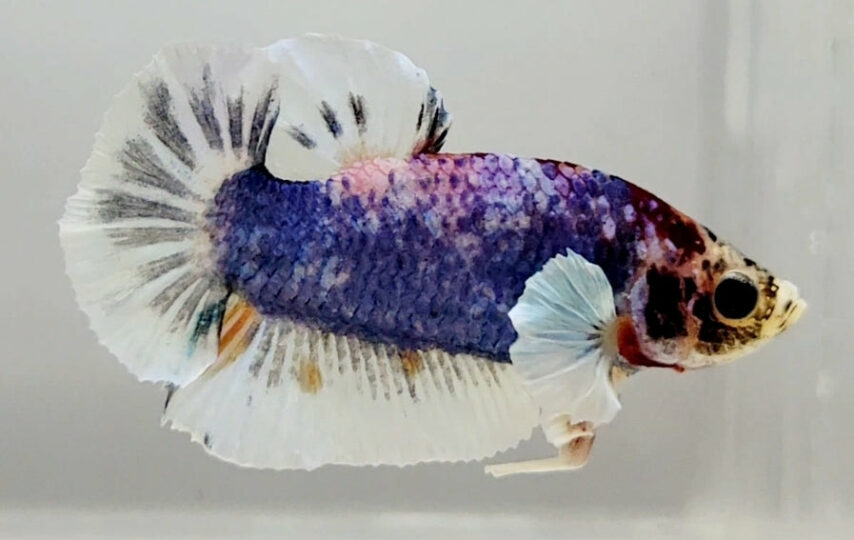Betta fish is popular among aquarium enthusiasts due to their vibrant colors, long-flowing fins, and relatively easy-care requirements.
One of the most common questions raised by betta fish owners is whether their pets need a varied diet. The short answer is yes. Betta fish, like all animals, require a balanced and varied diet to stay healthy.
Why Do Betta Fish Need a Varied Diet?
In their natural habitat, betta fish are carnivorous and primarily eat small insects, crustaceans, and other small aquatic animals. In captivity, they are often fed a staple diet of pellet or flake food formulated specifically for bettas.
While these commercial foods can provide the necessary nutrients for bettas to survive, they may not provide a complete and balanced diet.
One of the main reasons why a varied diet is important for betta fish is that it can help prevent nutrient deficiencies.
Commercial fish foods are often designed to provide the essential nutrients that fish need, such as protein, fats, and carbohydrates. Still, they may need more of certain vitamins and minerals that betta fish require.
For example, betta fish need vitamin A for healthy eyes and skin and calcium for strong bones and teeth. These nutrients may need to be present in sufficient quantities in a single type of food.
Feeding betta fish a varied diet can also help prevent boredom and encourage natural foraging behaviors. In the wild, betta fish are constantly on the move, searching for food. In captivity, they may become bored or lazy if fed the same food daily.
Offering a variety of foods, such as frozen or live foods, can provide mental stimulation and encourage betta fish to explore their environment.
Varied Food Considerations
When considering a varied diet for betta fish, it is important to consider their dietary needs and preferences. Betta fish are carnivorous and require a diet high in protein. They also have small stomachs and should be fed small amounts of food multiple times daily.
Offering a variety of protein sources, such as brine shrimp, bloodworms, and daphnia, can provide the necessary nutrients while keeping betta fish interested in their food.
Another important consideration is the size and texture of the food. Betta fish have small mouths and may have difficulty eating large or hard pellets. Feeding them frozen or live foods, such as mosquito larvae or blackworms, can provide a softer texture and a more natural feeding experience.
In addition to offering a varied diet, betta fish owners should also consider supplementing their pet’s diet with vitamins and minerals. Vitamin supplements can provide additional nutrients that may be lacking in commercial foods or other foods fed to betta fish. Calcium supplements can also help ensure that betta fish have strong bones and teeth.
Conclusion
Betta fish require a varied diet to stay healthy and happy. While commercial foods can provide the necessary nutrients for betta fish, they may not provide a complete and balanced diet.
Offering a variety of protein sources, textures, and nutrients can prevent boredom, encourage natural foraging behaviors, and prevent nutrient deficiencies. Betta fish owners should also consider supplementing their pet’s diet with vitamins and minerals to ensure they get all the necessary nutrients for optimal health.







